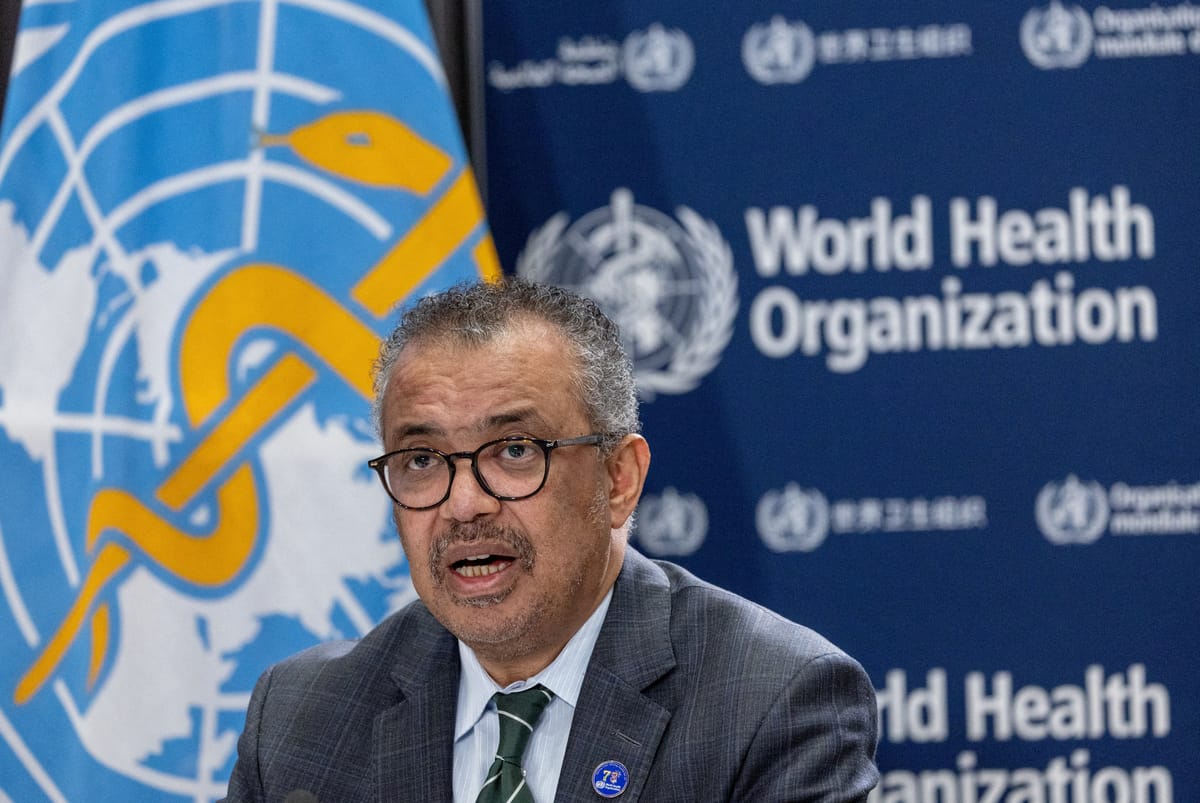How scientists are preparing for the world’s next pandemic
Oh, please, no. Not another one.

A few minutes every morning is all you need.
Stay up to date on the world's Headlines and Human Stories. It's fun, it's factual, it's fluff-free.
Oh, please, no. Not another one. Before you panic and start hoarding toilet paper, there isn’t another looming global pandemic on the horizon. Yet. But scientists believe it's important to stay prepared for unknown infectious threats – novel coronaviruses like the one that causes COVID, for example – instead of just the ones we’re familiar with, like Ebola.
This is where “Disease X” comes in. Yes, it sounds like some sort of virus cooked up in a Bond villain’s lab, but it’s actually a term coined by the World Health Organization (WHO). So what is it? In 2017, the WHO added Disease X to a short list of pathogens it considered a major priority for research, alongside known ones like COVID, Severe Acute Respiratory Syndrome (SARS), Zika and Ebola. And now, with the World Economic Forum in Davos, Switzerland, being big news this week, Disease X has come up as a talking point for health officials at the conference.
“Some people say this may create panic,” says WHO Director-General Tedros Adhanom Ghebreyesus. “No. It’s better to anticipate something that may happen – because it has happened in our history many times – and prepare for it.”
The whole point in keeping Disease X on this list, according to the WHO, is to “enable early cross-cutting R&D preparedness that is also relevant” for a disease we don’t know about yet. And it’s already been helpful, particularly in the instance that it only took 326 days to get the first COVID vaccine authorized because of the work done in preparing for Disease X. The progress made in creating the COVID vaccines will be useful in fighting future unknown pathogens, too, because scientists came up with unique vaccine designs that could be repurposed to fight other diseases in the future.
“Disease X is a placeholder,” says Ghebreyesus. “Whatever the disease is, you can prepare for it.”
The talks in Davos are all about strengthening international cooperation, coordination, governance and investment so that we’re better prepared next time, and we won’t see a repeat of some of the worst social and economic impacts we saw around the world when COVID broke out. Other efforts around the world aiming to keep us prepared include creating a global center for pandemic therapeutics, a pandemic prevention fund established by the World Bank and an international agreement on pandemic prevention, preparedness and response.
“The COVID-19 pandemic has been a seismic shock to the world, but we also know that the next pandemic is a matter of when, not if,” says Ghebreyesus. "The suffering and loss we have all endured will be in vain unless we learn the painful lessons from COVID-19 and put in place the measures to fill critical gaps in the world’s defences against epidemics and pandemics.”




Comments ()